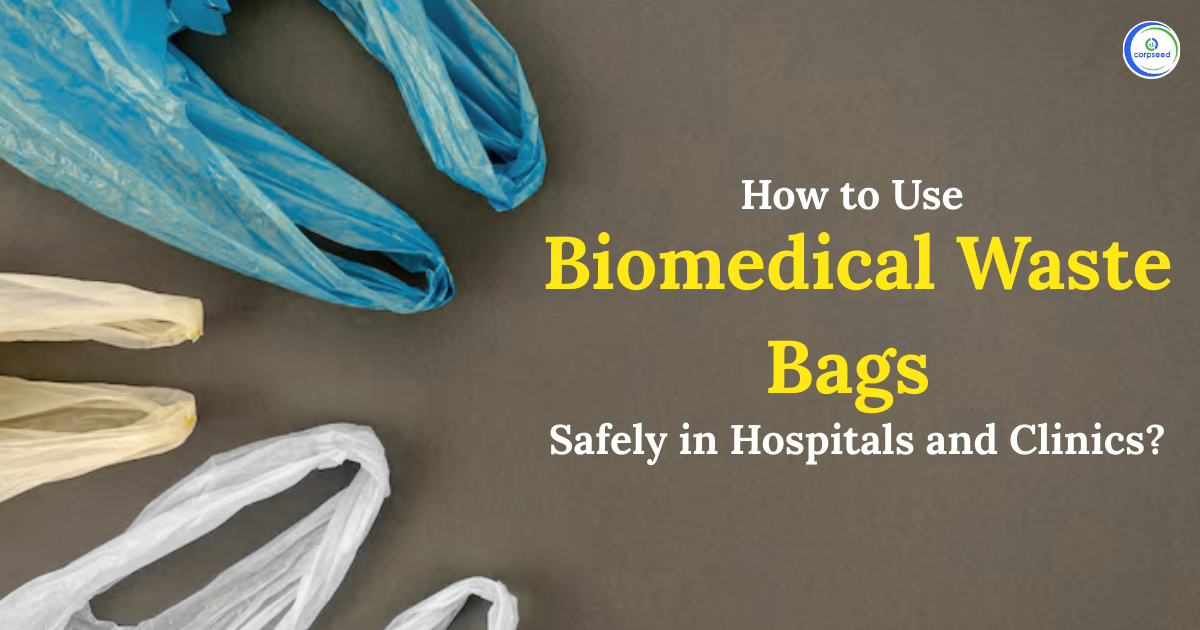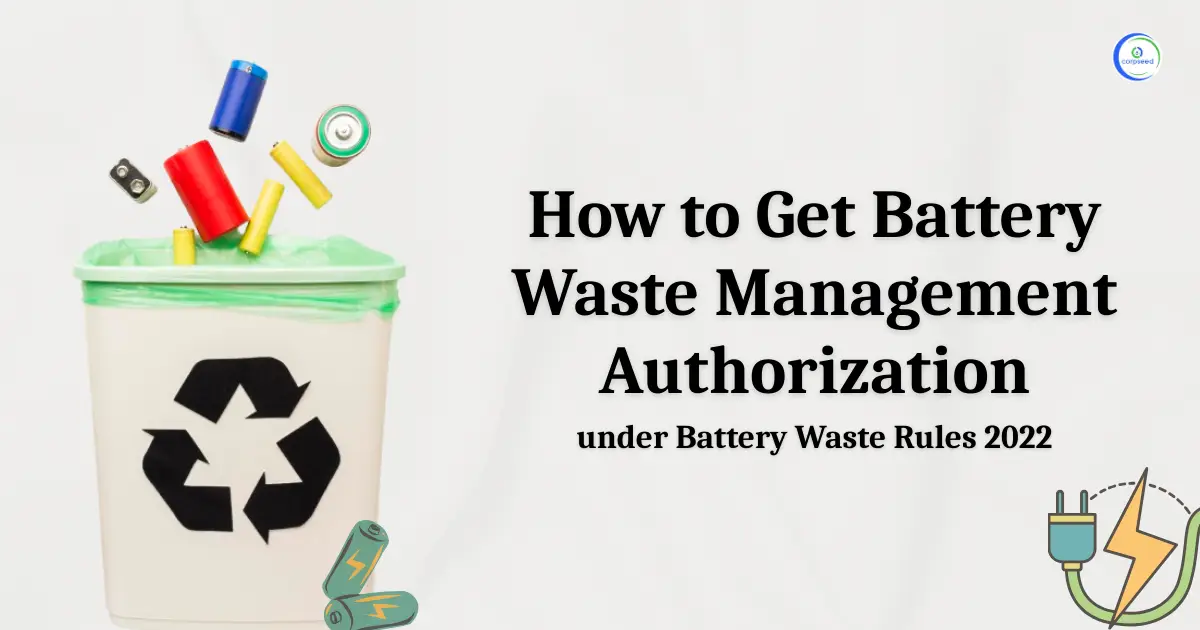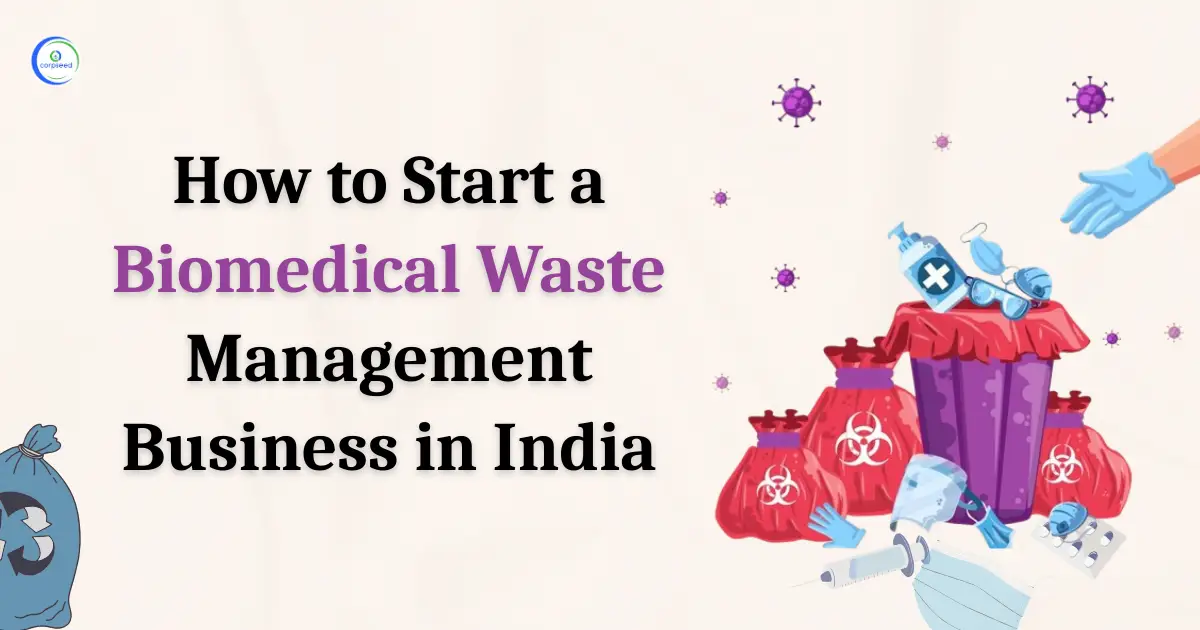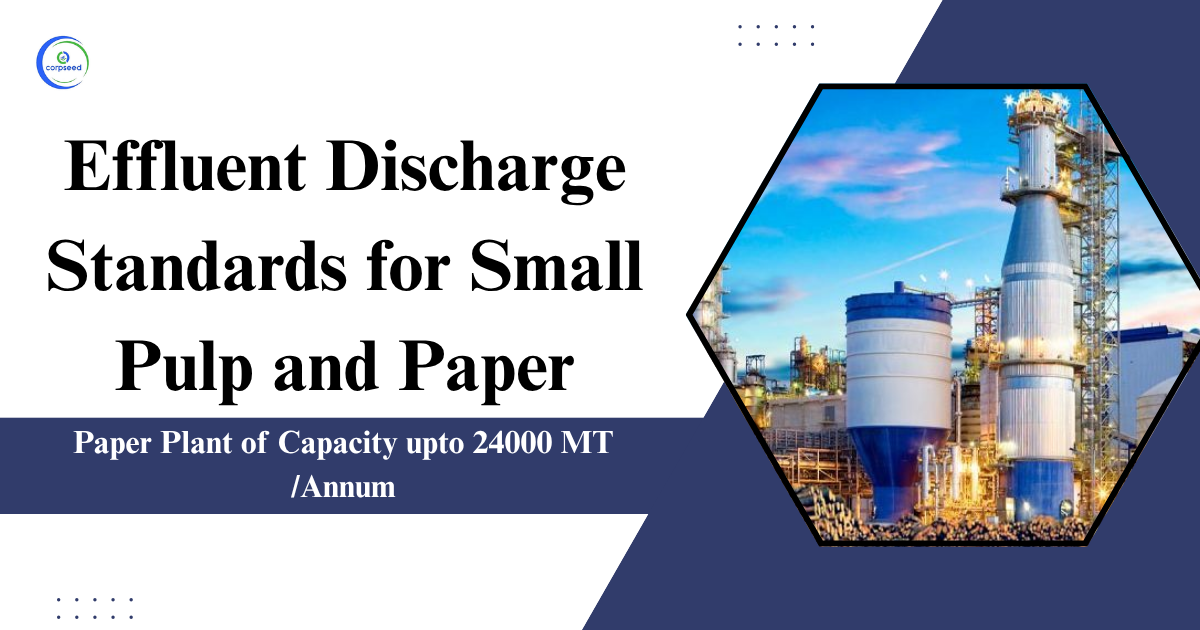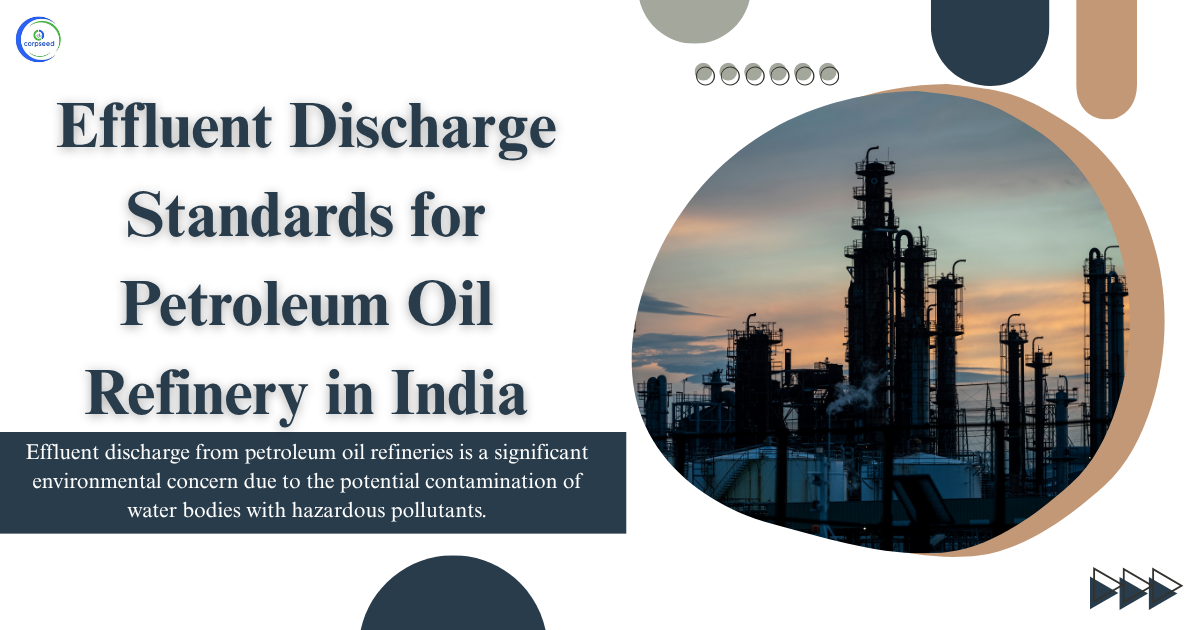Introduction: E-waste Management Rules
E-Waste Rules were first introduced in 2011 in India and were implemented in 2012. These rules were applicable to manufacturers only but then in 2016, a new set of rules was introduced which expanded the scope of these rules to bulk consumers, refurbishes, recyclers and dismantlers. These rules also strengthened the provisions of the flagship feature of E-Waste Management Rules, 2022, EPR (Extended Producers’ Responsibility) with various other important updates regarding registration, authorization and implementation process.
Table of Contents
- Introduction: E-waste Management Rules
- What is E-Waste?
- Applicability of E-Waste Management Rules, 2022
- List of Involved Stakeholders
- Registration of Relevant Business Entities
- Responsibilities of the Stakeholders
- Duties of Concerned Authorities
- The Role of Government
- Procedure & Management of E-Waste
- EPR - Extended Producer Responsibility
- Reduction of Use of Hazardous Substances
- Punishment & Environmental Compensation
- What is Steering Committee?
- Duties of Steering Committee
- Conclusion
--------------Blog Contact Form-------------
Recently E-Waste Management Rules, 2022 were introduced and we are going to discuss all newly added features in these rules along with changes made in comparison to previous rules of 2016 in this article in a much summarized manner. Check out the stakeholder's section below and if you are also a party involved in activities that are regulated by these rules, this article is for you. It will help you to understand all the necessary details you may need to know.
What is E-Waste?
Rule 3(l) defines E-Waste as under, “E-Waste means electrical and electronic equipment, including solar photo-voltaic modules or panels or cells, whole or in part discarded as waste, as well as rejected from manufacturing, refurbishment and repair processes.” Examples of electrical & electronic equipment are given in schedule I of E-Waste Management Rules, 2022 which includes 106 types of different items divided into seven different categories.
- Information Technology & Telecommunications Equipment
- Consumer Electrical & Electronics & Photovoltaic Panels
- Large & Small Electrical & Electric Equipment
- Electrical & Electronic Tools except for Large Stationary Industrial Tools
- Toys, Leisure & Sports Equipment
- Medical Devices except for Implanted & Infected Products
- Laboratory Instruments
Read Our Blog: E-waste Management in india
Applicability of E-Waste Management Rules, 2022
These rules are called E-Waste Management Rules, 2022. They came into effect on 1st April 2023 and are applicable to manufacturers, producers, refurbishers, dismantlers, and recyclers if they are involved in the manufacturing, sale, purchase, transfer, dismantling, refurbishing or processing of E-Waste. The term E-Waste refers to electrical and electronic equipment including solar photo-voltaic models, panels and cells that are discarded as waste and cannot be used in refurbishing, repairing and manufacturing.
Some equipment is regulated by other rules and hence is exempted from the application of E-Waste Management Rules, 2022. These are waste batteries, packaging plastics and radioactive wastes. Also, Micro enterprises are exempted from the applicability of these rules because they are regulated by the MSME Development Act.
List of Involved Stakeholders
E-Waste Management Rules, 2022 regulates many parties involved in the activities related to e-waste. A list of all such parties and other stakeholders important to the management of e-waste is given below:-
- Manufacturer
- Producer
- Refurbisher
- Bulk Consumer
- Recycler
- State Government
- Union Territories
- Central Pollution Control Board
- State Pollution Control Board
- Central Government
- Urban & Rural Local Bodies
Registration of Relevant Business Entities
Business Entities can register themselves on the portal Central Pollution Control Board in four different categories. These categories are:-
- Manufacturer
- Producers
- Refurbisher
- Recycler
There may be some entities that are involved in manufacturing as well as refurbishing or recycling or it may also be a producer. In that case, there is a provision in E-Waste Management Rules, 2022. If your business falls into more than one category; for example, Manufacturer and Refurbisher, then you have to register it into both categories.
The rules prohibit any entity from carrying out business without registration. There may also be a registration fee and maintenance charges, subject to prior approval of the steering committee, to be paid to CPCB based on the quantity of e-waste, the entity is dealing with.
Responsibilities of the Stakeholders
These E-Waste Management Rules, 2022 also prescribe the duties and responsibilities of various stakeholders.
- Manufacturers are responsible to collect e-waste that was generated during the process of manufacturing and transfer it for either recycling or disposal.
- Producers are responsible for obtaining and implementing EPR targets and promoting e-waste management through various means that may include media, publication, advertisement and posters.
- Refurbishers are prescribed to collect all e-waste generated during the process of refurbishing and further transfer it to a registered recycler. Refurbishers should also upload details of such e-waste transfers on the CPCB portal.
- Recyclers should ensure that their facility is operating according to the process laid down by CPCB. If some portions are not recycled in this facility then they must be sent to other registered recyclers where such portions can be recycled. If any residue is generated in the recycling process it must be sent to an authorized treatment storage disposal facility. All intake and output records must be uploaded on the portal from time to time by the recyclers.
- All manufacturers, producers, refurbishers, and recyclers are also required to file annual and quarterly returns on the portal in the prescribed form.
- Producers should migrate their EPR (Extended Producer’s Responsibility) Plan from previous E-Waste Management Rules to new E-waste Management Rules, 2022 according to the procedure provided by the Central Pollution Control Board. That procedure also has to be approved by the Steering Committee.
- CPCB should submit an annual report on the implementation of these rules to the Ministry of Environment, Forest & Climate Change. The qualitative and quantitative analysis must be included in the report along with the recommendations within one month of the end of the financial year.
- If any accident occurs while processing or transporting E-Waste, that incident must immediately be reported to State Pollution Control Board through email or telephone.
Duties of Concerned Authorities
The duties of various involved authorities are mentioned in Schedule V of E-Waste Management Rules, 2022. These authorities include the Central Pollution Control Board, the State Pollution Control Board, the Pollution Control Committee, Rural & Urban Local Bodies, the Port Authorities and the Bureau of Indian Standards/Ministry of Electronics and Information Technology.
Duties of CPCB include maintenance of the online portal, coordination with SPCB, issuance of guidelines and SOPs, conducting random checks, documentation of data regarding e-waste, taking actions in violation of these rules, conducting training & awareness programmes, enforcement of provisions regarding the reduction of hazardous substances and revise related targets, ensure submission of annual reports to the ministry. Apart from this, the ministry may delegate any other function to CPCB.
Duties of SPCB include management of e-waste inventory, EPR compliance, and random inspections of recyclers and refurbishers. Duties of Rural & Urban Local Bodies include ensuring segregation, collection and transportation of e-waste, facilitating collection, segregation and disposal systems and organising training sessions to generate capacity.
Port Authorities should ensure verification of import and export with respect to EPR, inform CPCB of any illegal traffic, and take action against importers in violation of the ports act or customs act. The Bureau of Indian Standards and the Ministry of Electronics and Information Technology are responsible for issuing of standards for refurbished products and issuing guidelines for refurbishers with respect to the compulsory registration scheme.
The Role of Government
Dismantlers and Recyclers will need an appropriate space to set up their plant and equipment to work. The E-Waste Management Rules, 2022 prescribe responsibilities of Central and State Governments to facilitate the recyclers and refurbishers to eradicate this problem. This is the responsibility of the State Government/Union Territories to direct the appropriate department of the industry or any other authorized government agency to allocate industrial space to these dismantlers and recyclers. It can be allocated in any available existing estate or allocation can be scheduled for any upcoming industrial park or industrial clusters.
Further, E-Waste Management Rules, 2022 prescribe these authorities recognise and register workers, form their groups, and organizing skill development activities for the workers. These government agencies or appropriate departments should also ensure annual monitoring, health and safety of workers involved in the recycling or dismantling process.
Procedure & Management of E-Waste
The E-Waste Management Rules, 2022 prescribe a time limit on storage of e-waste by manufacturers, producers, refurbishers and recyclers. No e-waste shall be stored by these entities for more than one hundred and eighty days. A record shall be maintained for sell, transfer and storage of e-waste and these records may be inspected by the authorities at any point in time.
Sometimes it may be necessary to store such e-waste for longer periods of time. For example when a process is being developed for recycling or reuse of that e-waste. In that very specific situation, the Central Pollution Control Board may allow the storage and extend the limitation of time up to three hundred and sixty-five days. Transportation of e-waste shall also follow the provisions of Hazardous & Other Waste (Management & Transboundary Movement) Rules, 2016.
EPR - Extended Producer Responsibility
Rule 3(m) defines EPR as “Extended Producer Responsibility means the responsibility of any producer of electrical or electronic equipment for meeting recycling targets only through registered recyclers of e-waste to ensure the environmentally sound management of such waste.”
Rules 13, 14 and 15 of the E-Waste Management Rules, 2022 talk about extended producer responsibility rules. Producers must fulfil their obligations to achieve year-wise set targets to recycle e-waste. Central Pollution Control Board issues EPR Certificates to registered recyclers through its online portal if such recycler fulfils the requirements to be eligible for the EPR Certificate. That eligibility depends on the quantity and conversion factor of the recycler. This certificate is valid for 2 years after the end of the financial year in which it was generated.
Refurbishers can also receive an EPR Certificate if they are registered on the CPCB portal. Producers’ extended producer responsibility is deferred in duration if they produce a refurbishing certificate purchased from a certified refurbisher. But the extended producer responsibility obligation will only be extinguished after end-of-life disposal through a registered recycler. The producer can only purchase limited EPR Certificates. This limit depends on the current year's extended producer responsibility liability and leftover extended producer responsibility liability from the previous year.
Reduction of Use of Hazardous Substances
Various rules are prescribed in the E-Waste Management Rules, 2022 regarding the use of hazardous substances to curb as much of this material from the market as possible. Some of the major points are described below:-
- Producers must ensure not to use Lead, Mercury, Hexavalent Chromium, Polybrominated Biphenyls, or Polybrominated Diphenyl beyond the maximum concentration of 0.1% by weight in homogeneous materials and Cadmium beyond 0.01%.
- Manufacturers of these electrical and electronic pieces of equipment are exempted from this limitation if they are producing for defense.
- The Central Pollution Control Board can conduct random sampling from the market to monitor and verify whether the compliance of reduction of the use of hazardous materials is being followed or not. The cost of the sample and testing shall be borne by the producer.
Punishment & Environmental Compensation
The E-Waste Management Rules, 2022 also prescribe punishment for the parties that are not cooperating to achieve the goal of proper e-waste management and trying to circumvent the procedure established by these rules. If any business entity furnishes false information or hides any information in order to get their registration, The registration will be revoked by CPCB for a period of up to 3 years.
If a producer doesn’t comply with the reduction of hazardous substance provisions, he will have to take corrective action and recall or withdraw the product from the market within a reasonable time as per the guidelines laid down by CPCB.
Environmental Compensation shall be levied on the producers not complying with the rules and regulations as prescribed. CPCB will determine the quantum of the compensation which may differ from case to case. These offences include furnishing false information, violation of provisions prescribed in these rules, using false EPR certificates, non-fulfilment of the obligations, non-registration of producer, manufacturer, recycler or refurbisher with the CPCB etc.
Payment of environmental compensation will not set producers free from the extended producer responsibility. Funds collected through environmental compensation shall be kept in a separate escrow account by CPCB and should be used in the collection and recycling of end-of-life disposal of uncollected, historical, orphaned e-waste. It can also be used for non-recycled and non-end-of-life disposal of e-waste on which compensation is levied. Apart from this, collected environmental compensation can also be used to incentivise recyclers, research & development and provide financial assistance to local bodies for managing waste management projects or on other heads as decided by the committee.
What is Steering Committee?
A Steering Committee shall be constituted and chaired by the chairman of the Central Pollution Control Board to supervise the overall implementation of E-Waste Management Rules, 2022. This committee will have one representative member from each of the following Ministries:-
- The Ministry of Environment, Forest and Climate Change,
- The Ministry of Electronics and Information Technology,
- The Ministry of New and Renewable Energy,
- The Ministry of Housing and Urban Affairs.
The committee will also have up to two members from each of the following institutions:-
- Electrical and Electronic Equipment Producer & Manufacturer’s Association
- E-Waste Recycler’s Association
Along with the above-mentioned members, one member will be either from the State Pollution Control Board or Pollution Control Committee; and the head of the concerned division of CPCB will also join this steering committee.
Duties of Steering Committee
Steering Committee is responsible for the overall implementation of the E-Waste Management Rules, 2022. It will monitor and supervise these rules and also decide upon the disputes arising out of these rules. If there is any substantial issue then this committee can refer to the Ministry of Environment, Forest and Climate Change.
The Steering Committee can also revise the guidelines after reviewing them or extended producer responsibility targets. With the approval of the Central Government, this committee can also add new pieces of equipment to the list of equipment covered under these rules.
Conclusion
This article has discussed all the features of E-Waste Management Rules, 2022. These rules are the successors of the old rules of 2016. From 1st April 2023, these rules came into force and all producers, manufacturers, refurbishers and recyclers shall be governed by these rules from the said date hence awareness regarding the provisions of these rules is very important, especially for the stakeholders involved in the management of e-waste and this article is also written with the same intent. We have tried our best to convey each and every important fact that you are supposed to know in a very concise manner.
This portion of the site is for informational purposes only. The content is not legal advice. The statements and opinions are the expression of author, not corpseed, and have not been evaluated by corpseed for accuracy, completeness, or changes in the law.
BOOK A FREE CONSULTATION
Get help from an experienced legal adviser. Schedule your consultation at a time that works for you and it's absolutely FREE.


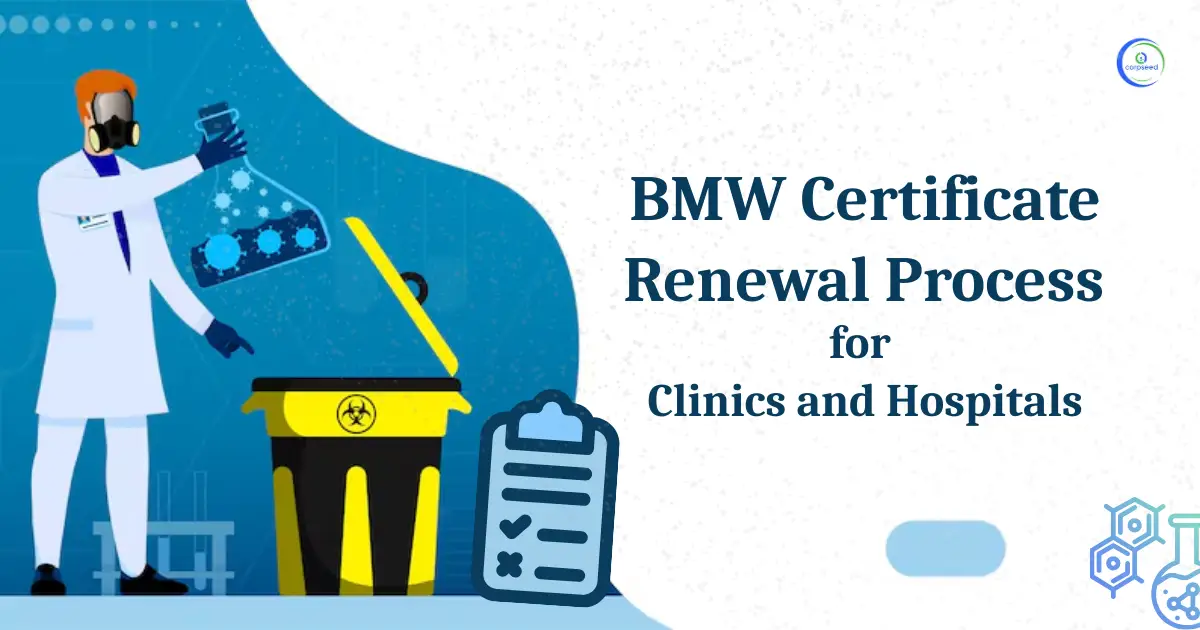
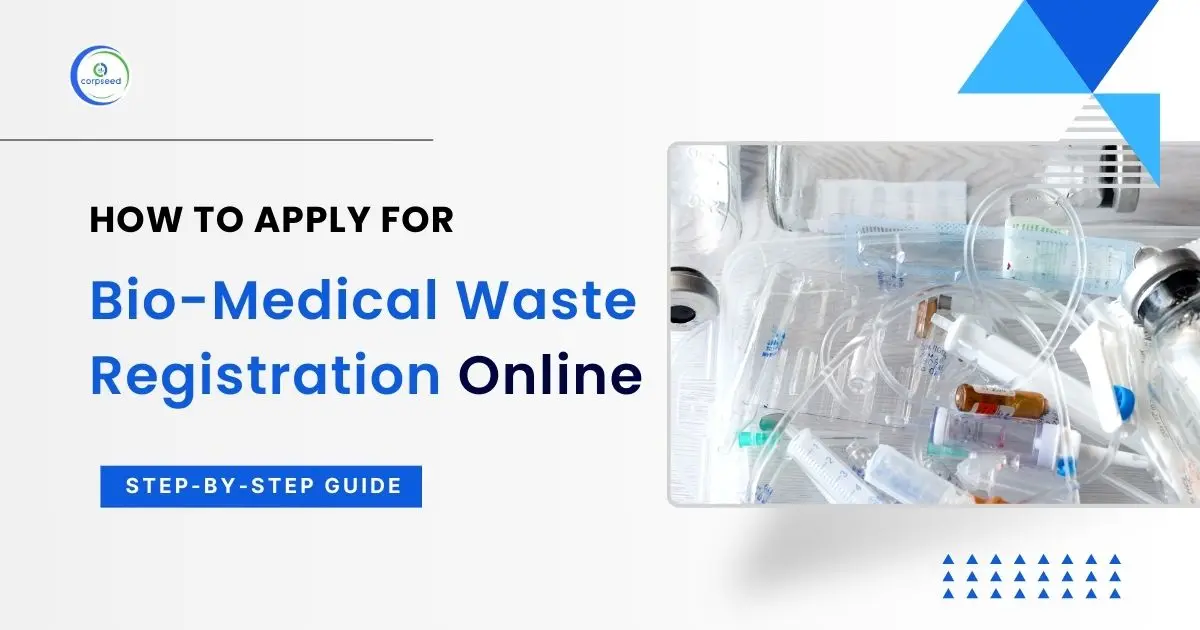
.webp)
